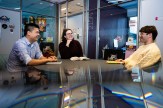Fortnite, Rocket League, Overwatch. Northeastern’s esports program has it all.
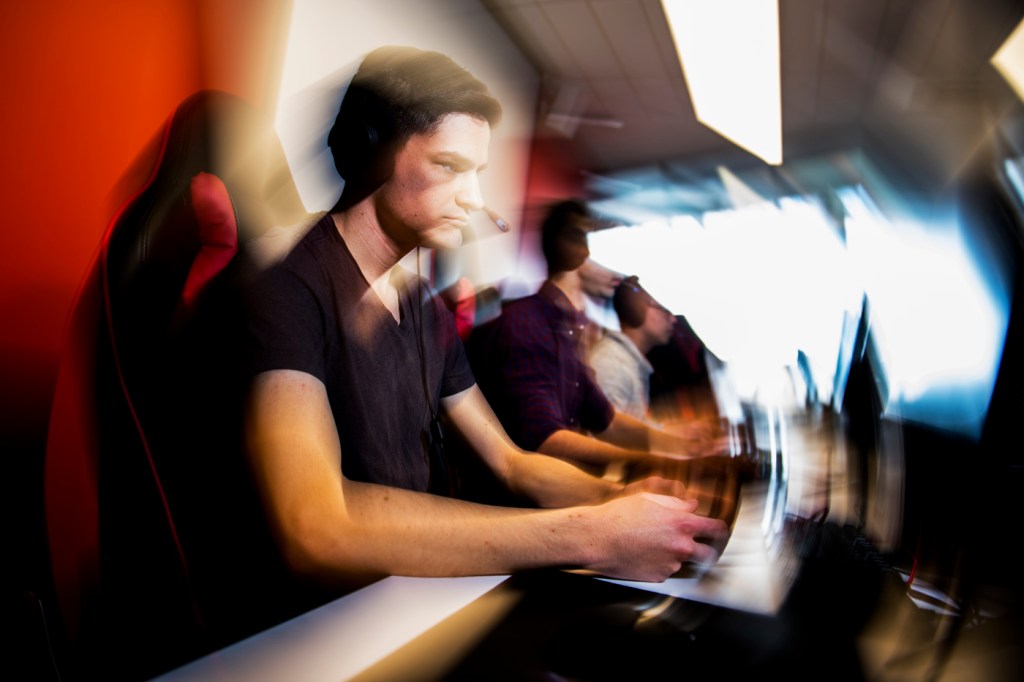
“All right, are you guys ready to get going?”
Florent Astié speaks into a headset to his three teammates as he grabs his gaming controller, settles into a reclining leather chair, and turns to his computer. It’s 7:17 p.m. on a Monday night, and Astié and three other Northeastern students are playing Rocket League, one of the world’s most popular esports.
Esports, for those of you not in the know, refers to competitive multiplayer video gaming. Teams play online video games against each other in league matches and tournaments, which are often viewed by fans watching in person or online.
Astié and his fellow students, who are members of Northeastern’s Rocket League club, hold practice every Monday night at the SquashBusters recreational facility on the Boston campus. Rocket League is kind of like soccer, only that the players use rocket-powered cars, not their feet, to strike the ball. On this night, the students deliberate over offensive and defensive strategies, hone their individual skills in the game, and discuss the news that the Collegiate Rocket League is starting a new season for the spring. Later in the practice, they review footage of their previous games, and identify mistakes that they hope to correct in future matches.
“When we’re here, we’re figuring out how to play with each other and grow as a team,” Astié says.
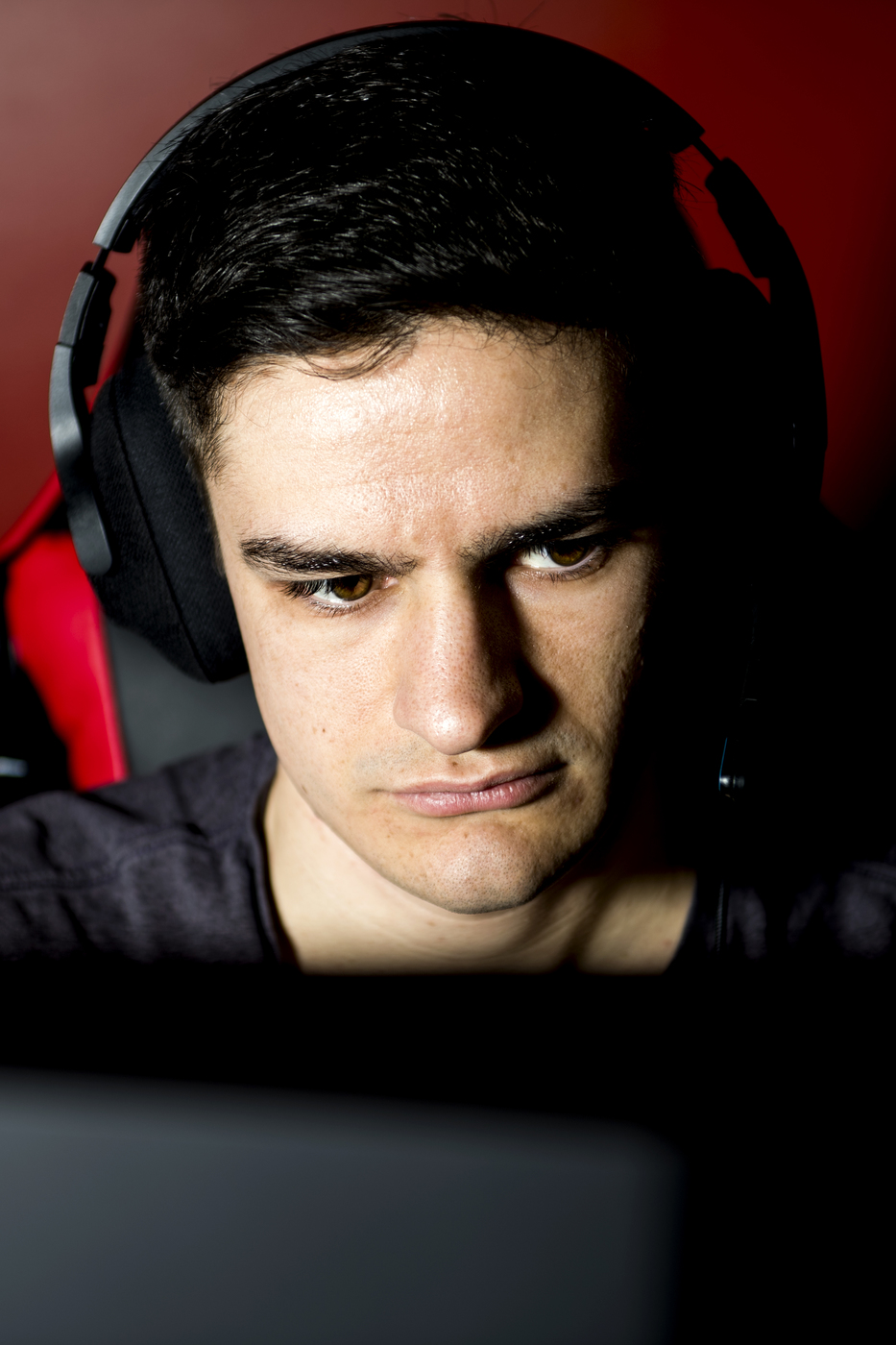
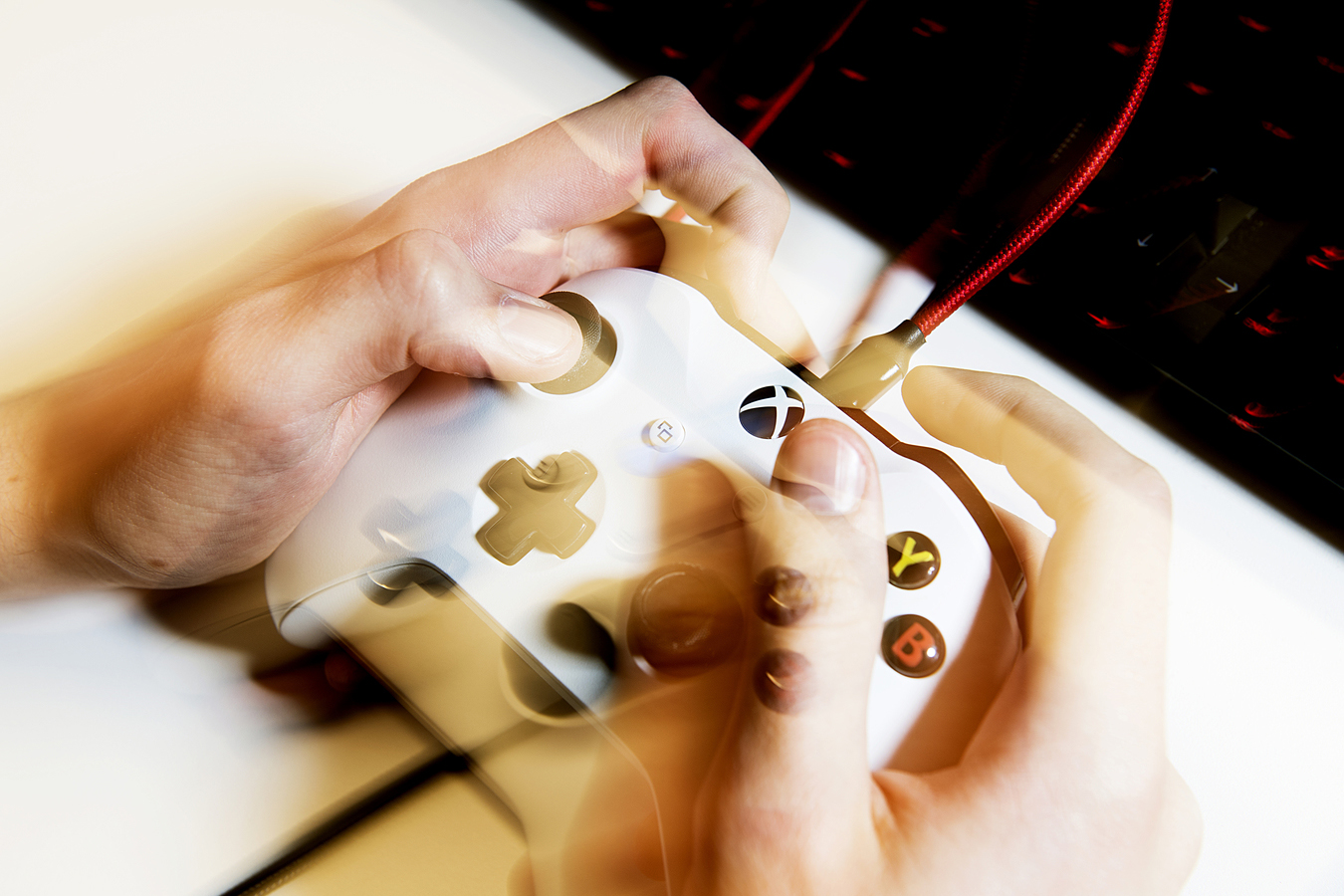
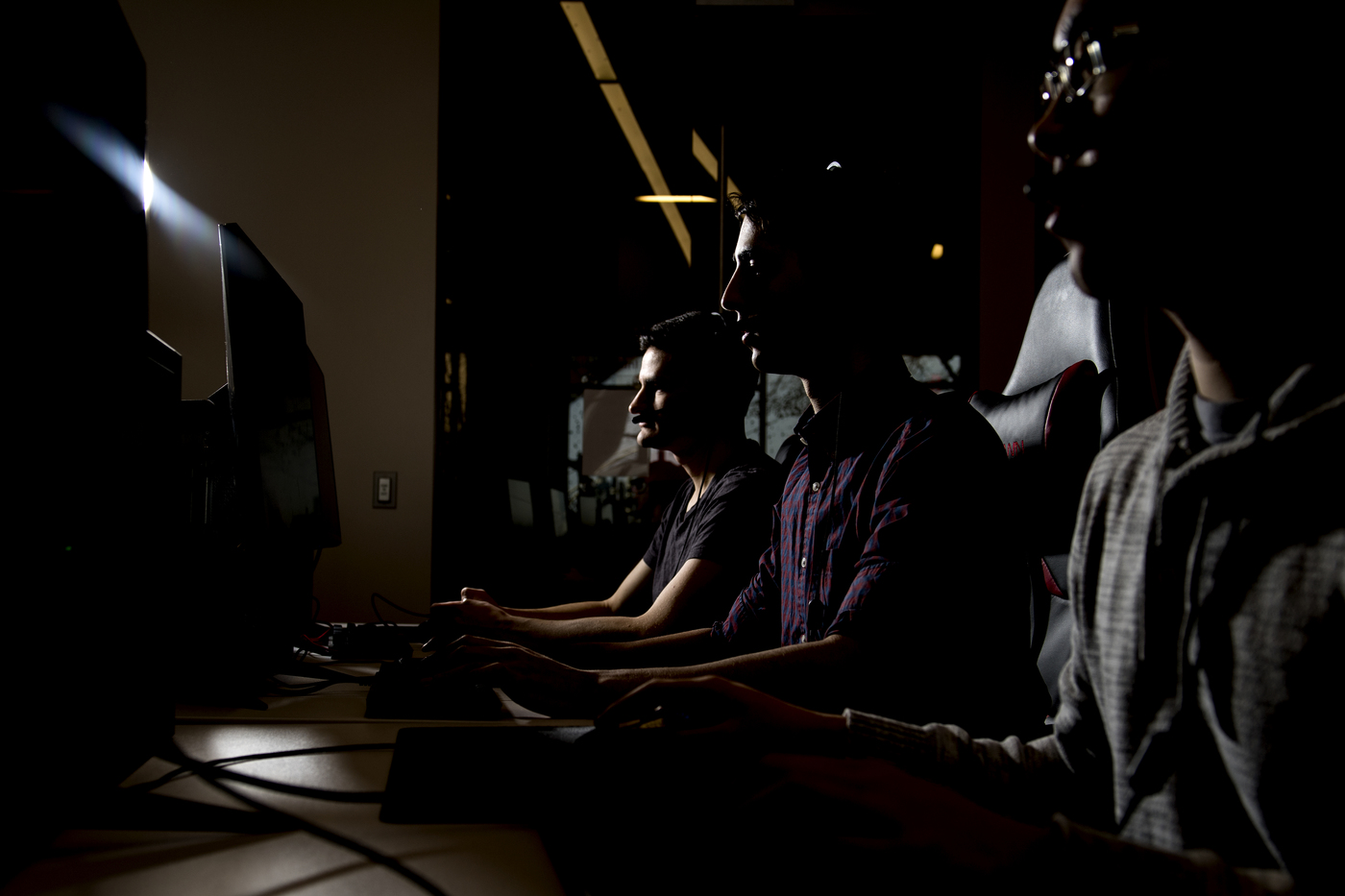
A year ago, Northeastern students didn’t have a practice facility for esports. There were no esports clubs, either. Students who wanted to play esports competitively against other schools formed teams on their own, primarily through a student organization called the Esports Club.
But that all changed in the fall of 2018, when Northeastern launched its esports program. There are now clubs for six esports, to go along with the 51 clubs Northeastern offers in sports such as soccer, powerlifting, and table tennis. Club sports at colleges and universities are similar to varsity sports, in that teams compete against teams from other universities, and vie to win regional and national tournaments.
When it established the esports program, the university installed 12 computers in the team room at SquashBusters, where the 65 students who play can practice and compete in league games and tournaments. The computer monitors have refresh rates of 240 megahertz, which means that the picture on the screen remains sharp during fast-moving video games. The chairs are also made specifically for gaming, with an ergonomic design, padded armrests, and pillows for the head and lower back.
Northeastern’s esports program also has an executive board, comprised of students, that handles various administrative matters for the esports teams. Some clubs have gone so far as to hire coaches.
Nick Avery, the university’s associate director of club sports and esports, says that only two other Division 1 institutions in New England have teams at the club sports level. Northeastern is also exploring the possibility of elevating esports to the varsity level, he says.
“We want to be the premier esports program in the Northeast,” Avery says. Northeastern students won the inaugural Collegiate Rocket League Championship in December 2017, before Rocket League became a club esport.
Clubs have had some notable achievements since the university launched its esports program last year. The team for Overwatch, a game in which players control characters from a first-person perspective and try to outperform their opponents in combat situations, won the 2018 Boston Uprising Collegiate Cup tournament in December. Northeastern’s Overwatch team also won an invitational tournament in January, in what was the first esports event held at Mohegan Sun Arena in Connecticut. This past fall, the Northeastern club that plays Counter-Strike: Global Offensive, a game that is played similarly to Overwatch, qualified for the league playoffs being held this spring.
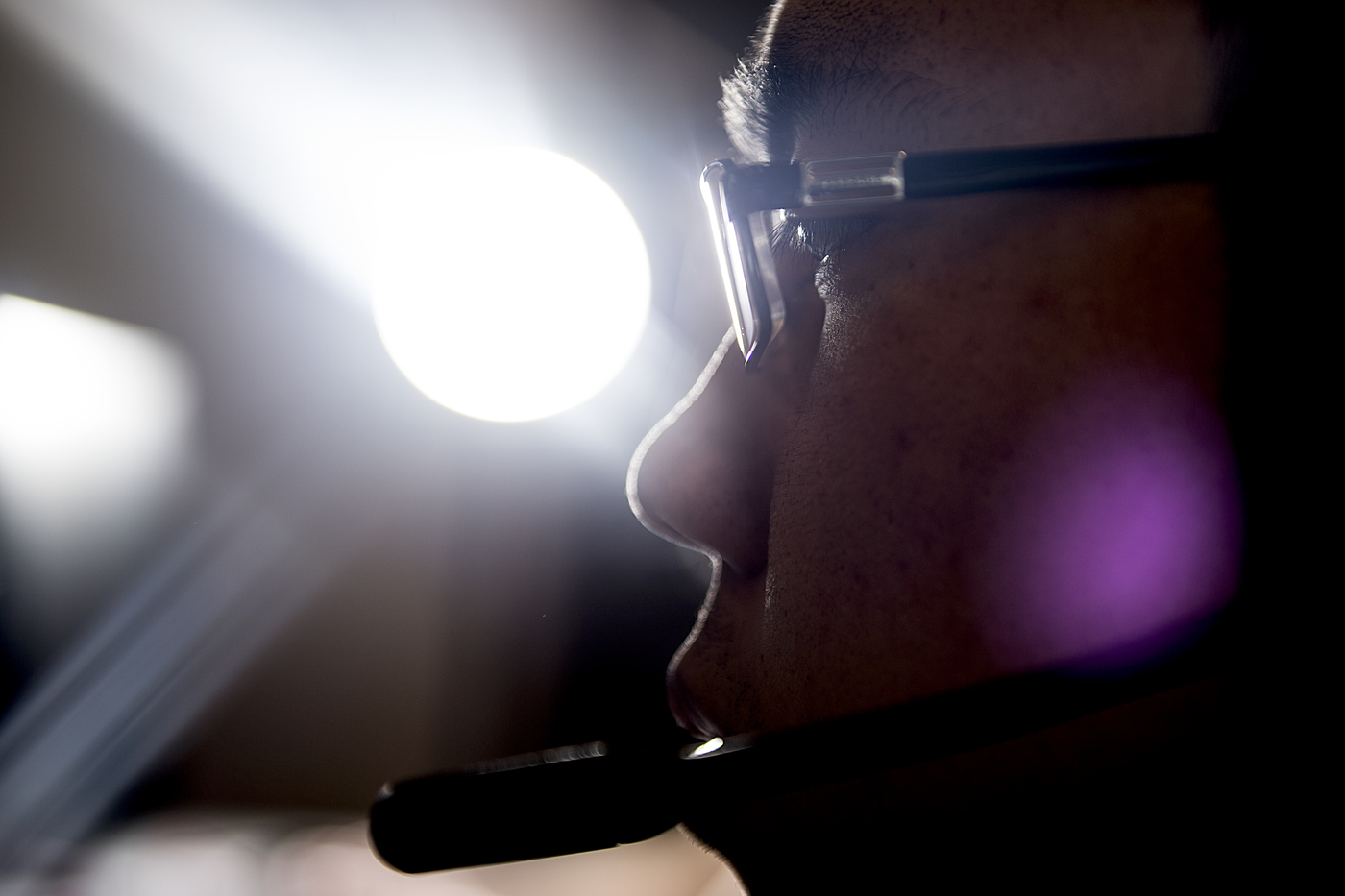
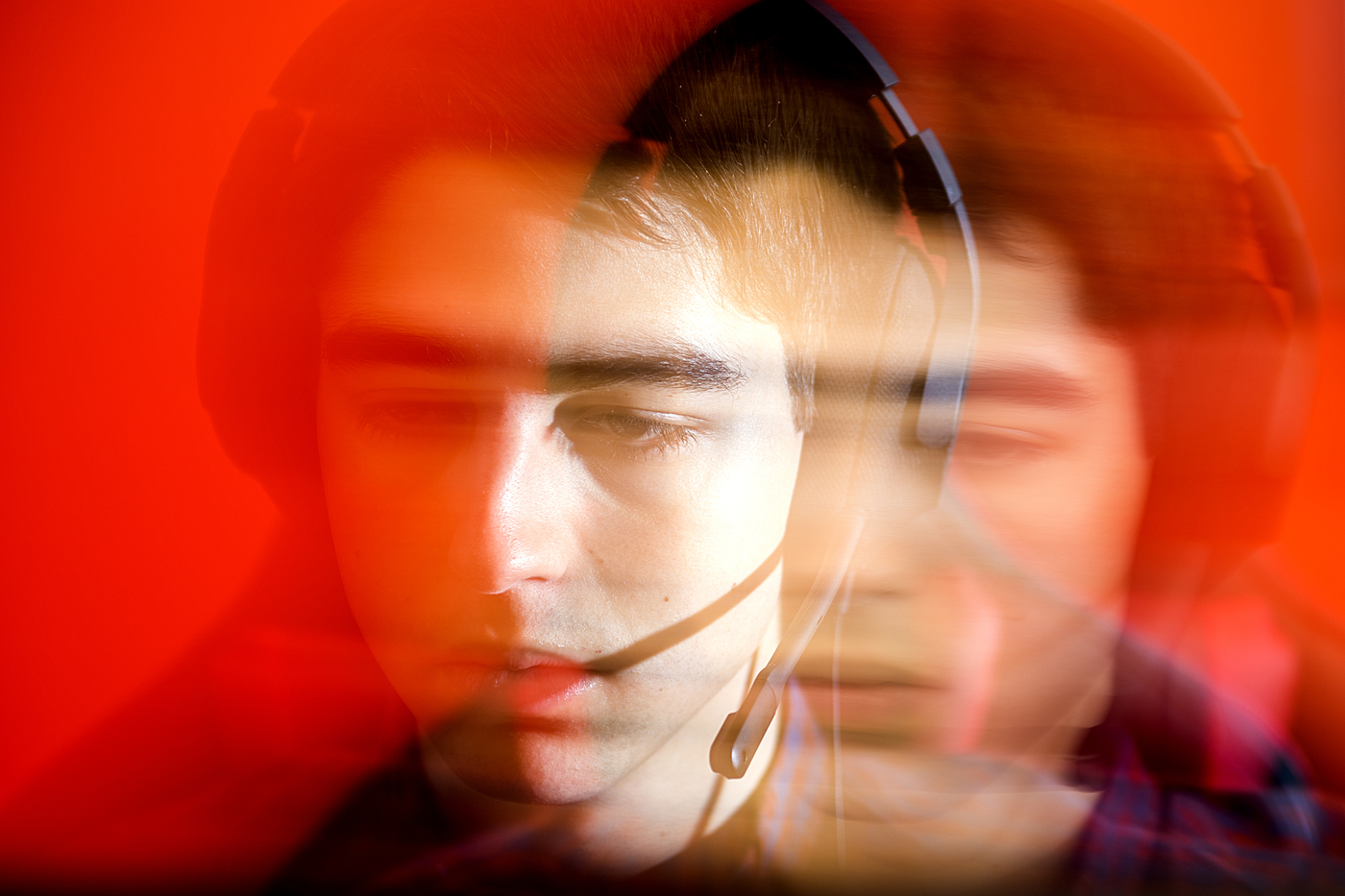
“It’s cool to be on the leading edge and driving things forward,” Astié says, “Esports are definitely growing, and I think they will become more mainstream in the future as people realize the potential of it.”
Alex Arcasoy, he president of Northeastern’s esports executive board, says that the esports clubs benefit from having a practice facility, similar to the way students in traditional club sports benefit from the newly-renovated William E. Carter Playground. Arcasoy says that it’s easier for teammates to communicate and strategize when they sit next to each other, instead of playing in their individual residence halls or apartments. He also says that some students benefit from practicing in the same place where they play in league games and tournaments.
“The game room has this attitude to it,” Arcasoy says. “The students are there to practice, to listen to their coaches, to work together. It’s helpful to see your teammates working on their techniques and being in the same environment, and that goes for whether you’re playing traditional sports or video games.”
For media inquiries, please contact media@northeastern.edu.

